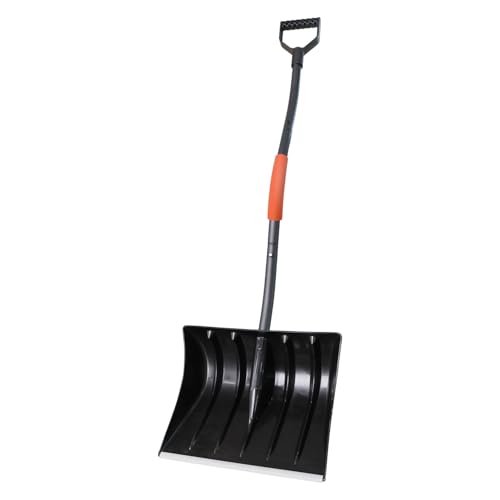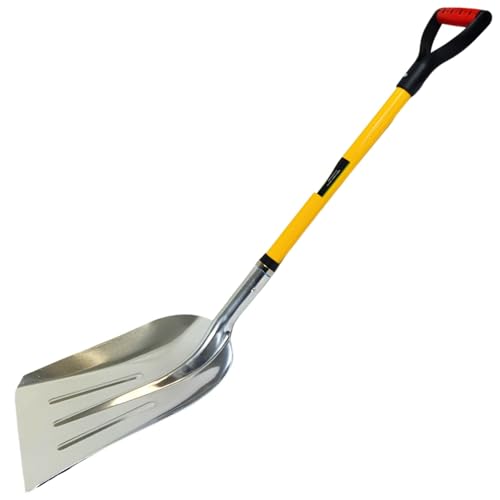Yes, there are electric shovels available for various applications
Electric shovels, also known as power shovels, are heavy-duty machines that are commonly used in mining, construction, and other industrial applications. These machines are designed to handle large volumes of material and are powered by electricity instead of traditional diesel engines. Electric shovels offer several advantages over their diesel counterparts, making them a preferred choice for many companies.
Advantages of electric shovels
One of the main advantages of electric shovels is that they produce zero emissions during operation. This makes them a greener alternative to diesel-powered shovels, which emit harmful pollutants into the air. Electric shovels are powered by electricity, which can be sourced from renewable energy, further reducing their environmental impact.
In addition to being environmentally friendly, electric shovels also offer better energy efficiency compared to diesel shovels. Electric motors are known to be more efficient at converting electricity into mechanical power, resulting in lower energy consumption and operating costs. This can lead to significant savings for companies that use electric shovels on a regular basis.
Applications of electric shovels
Electric shovels are commonly used in mining operations to dig and extract minerals from the ground. These machines are designed to handle heavy loads and are capable of moving large volumes of material in a short amount of time. Electric shovels are equipped with a bucket at the end of a long arm, which can be used to dig into the earth and load the material onto trucks or conveyor belts.
Electric shovels can also be found in construction sites, where they are used to move and lift heavy objects. These machines are often used for excavating foundations, digging trenches, and loading materials onto trucks. The versatility and power of electric shovels make them a valuable asset in various construction projects.
Furthermore, electric shovels are also used in the transportation industry, particularly in ports and harbors. These machines are used to load and unload cargo from ships, making the process more efficient and time-saving. Electric shovels are capable of handling heavy containers and are often equipped with specialized attachments to aid in the loading and unloading process.
Where to find electric shovels
There are various companies that manufacture and sell electric shovels. Some well-known manufacturers include Komatsu, Caterpillar, and Liebherr. These companies offer a range of electric shovels with different specifications and capabilities to suit different applications and industries.
When looking to purchase or rent an electric shovel, it is important to consider factors such as the required digging capacity, reach, and loading capacity. It is also important to consider the availability of spare parts and after-sales support from the manufacturer.
Online marketplaces and specialized industrial equipment websites are a good place to start when searching for electric shovels. These platforms often have a wide selection of electric shovels from various manufacturers, allowing customers to compare prices and specifications. It is recommended to do thorough research and read customer reviews before making a purchase or renting an electric shovel.
In conclusion
Yes, electric shovels are widely available for various applications in industries such as mining, construction, and transportation. These machines offer several advantages over traditional diesel-powered shovels, including zero emissions, better energy efficiency, and lower operating costs. They are commonly used for digging, excavating, and loading heavy materials. When searching for electric shovels, it is important to consider factors such as capacity, reach, and after-sales support. Online marketplaces and industrial equipment websites are go-to resources for finding electric shovels from reputable manufacturers.






